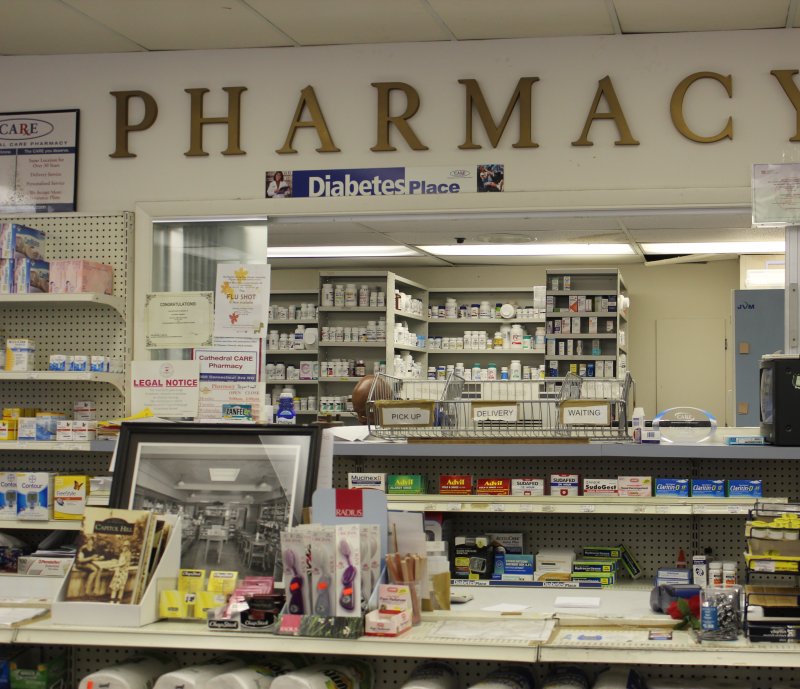The FDA's agreement allows drugmaker Amarin to promote off-label uses of the drug Vascepa -- uses not specifically approved by the agency -- through 2020, and the decision has some experts concerned pharmaceutical companies will start massively promoting unapproved uses to doctors as a result. File photo by UPI/Billie Jean Shaw
BETHESDA, Md., March 9 (UPI) -- The U.S. Food and Drug Administration agreed to allow a pharmaceutical company to promote off-label uses not approved by the agency for one of its drugs, based on its right to free speech, according to the company.
The FDA and Amarin, which makes the drug Vascepa, a fish oil-based drug used to lower fat levels, came to an agreement on March 9 allowing the company to distribute journal articles about unapproved uses for the drug.
Under the terms of the settlement, Amarin has preclearance for marketing off-label uses to doctors through 2020, though the company is deemed responsible for assuring information it offers providers be "truthful and nonmisleading."
The agreement follows a decision last year to allow the company to continue telling doctors about off-label uses of Vascepa for high triglycerides while the suit continued.
The off-label use of Vascepa, for patients with lower triglycerides who take statins, has not been approved by the agency. FDA regulators requested additional data and trials for approval, and said sending information to doctors about the use is illegal.
While the FDA contends this is a singular case that will not affect others, critics of the decision are concerned it could lead to pharmaceutical companies marketing off-label uses of drugs in greater numbers.
"This really sends a signal to other companies that if you want to engage in off-label promotion, you can negotiate with the F.D.A.," Dr. Michael Carome, director of health research at Public Citizen, told the New York Times. "Ultimately, that's taking us down a dangerous pathway."
The issue of promoting off-label uses for drugs is not a new one, as pharmaceutical companies have battled the FDA in recent years about the marketing. The industry, including Amarin, believes they should have the right to inform doctors about benefits of drugs that may not already be approved by the FDA.
"With more truthful and non-misleading information readily available to healthcare professionals about the potential of Vascepa to improve cardiovascular health, this settlement serves the public interest by supporting informed medical decisions for tens of millions of patients with persistent high triglycerides," John Thero, president and chief executive officer of Amarin, in a press release.
Drugmakers are not allowed to market drugs for uses the FDA has not approved. Allowing companies to reach out to doctors in an official capacity -- which the settlement calls a free speech issue for the company -- could influence other companies to undergo much larger off-label promotion efforts.
"We would expect companies throughout the country to ask courts to provide the same legal reasoning" for protection of off-label marketing, said attorney John Fleder, who was not involved in the case, told STAT.















